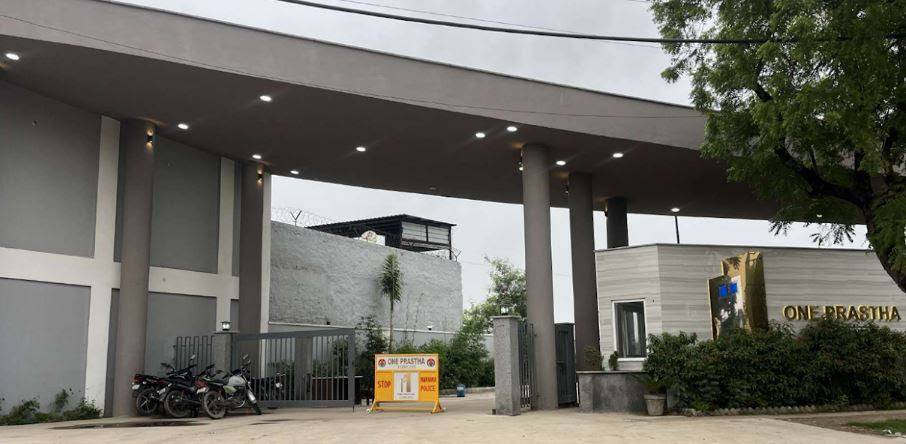The Karnataka Real Estate Appellate Tribunal (KREAT) has set aside an earlier order by the Karnataka Real Estate Regulatory Authority (KRERA), providing relief to a 75-year-old homebuyer who had been waiting since 2012 for possession of a villa. The Tribunal has directed Bengaluru-based Sterling Urban Developers Pvt Ltd to hand over the villa and pay interest for the delayed period.
The homebuyer, Devki Nandan, entered into an agreement with the developer on September 6, 2012, to purchase a luxury villa—Villa No. C-96—for ₹3.2 crore. The agreement promised possession by December 2013. Although the absolute sale deed was registered in January 2014, the developer failed to hand over physical possession of the villa.
Between 2014 and 2019, Nandan sent several reminders to the developer requesting possession. After receiving no resolution, she approached KRERA for relief. However, in May 2023, KRERA dismissed the complaint, citing that the project had received a partial occupancy certificate (OC) in January 2017—before the RERA Act came into effect.
KREAT’s Findings and Directions
KREAT, in its May 2025 ruling, set aside the KRERA order and directed the developer to hand over physical possession of the villa within one month. It also ordered the developer to pay delay interest at 9% per annum for every month of delay until April 2017, as per Section 8 of the Karnataka Ownership Flats (Regulation of the Promotion, Construction, Sale, Management and Transfer) Act, 1972.
The Tribunal observed that the project was not fully complete when the partial OC was obtained. It noted that the developer had applied for the partial OC in January 2017, even though development works continued beyond that period. The Tribunal referred to KRERA’s own earlier decisions where it had taken the view that a partial OC does not indicate full project completion. It concluded that KRERA’s decision in this case contradicted its own previous findings.
Incomplete Status of the Project
The buyer argued that despite the issuance of a partial OC, essential development work remained unfinished when the RERA Act came into force. The developer itself admitted that only two-thirds of the project had been completed at the time. The buyer also pointed out that the partial OC was issued on August 10, 2017—after the implementation of RERA.
A 2022 site inspection by KRERA’s engineering team further revealed dampness and other issues at the villa site, confirming that the unit was not in a deliverable condition. KREAT observed that the developer had accepted the project's ongoing status and subsequently registered it with KRERA. This registration further reinforced the applicability of the RERA Act in the matter.
Developer’s Arguments
Sterling Urban Developers argued that since the property involved was a villa and not an apartment, certain conditions under the RERA ‘User Manual’ were not applicable. It claimed that the Completion Certificate was delayed due to procedural delays by the Bangalore Development Authority. The developer also tried to distinguish this case from others cited by the buyer, asserting that those judgments related to high-rise buildings and did not apply to standalone villas.
However, the Tribunal did not accept these arguments. It referred to a Karnataka High Court judgment (Ozone Urbana Infra Developers Pvt. Ltd. vs. RERA, MANU/KA/0415/2024) that clarified a partial OC does not mark project completion under the RERA framework.
Tribunal’s Observations
The Tribunal noted that Nandan, a senior citizen, had invested a large sum and had waited over a decade for possession. It stated that KRERA had ignored the practical aspects of the case and dismissed the complaint without proper justification.
The Tribunal took note of the appellant’s age, highlighting that as a 75-year-old senior citizen, he had invested ₹3.2 crore into the project more than a decade ago. It criticised KRERA for disregarding the factual circumstances of the case and held that the dismissal of the complaint was not supported by legal reasoning.
The Tribunal concluded that the KRERA order lacked legal strength and directed the developer to hand over possession of the villa to the buyer within a month. It also mandated interest payments for the delay period, calculated at 9% annually until April 2017.









.png)